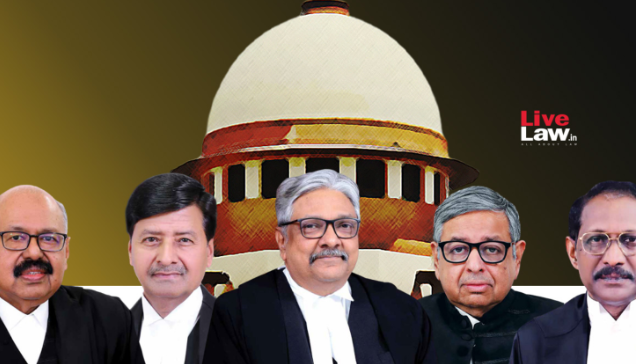The Supreme Court on Tuesday agreed to consider amending the guidelines for executing a living will — which is an ‘advance medical directive’ by a person about what treatment he or she would like to or not to avail at the end of their life — including to do away with the requirement of seeking the jurisdictional magistrate’s approval for withdrawing or withholding life support to the terminally ill.A five-judge Constitution Bench headed by Justice K M Joseph said that the guidelines could reflect that the witnesses and notary record their satisfaction that the document has been executed voluntarily and without any coercion or inducement or compulsion and with full understanding of all the relevant information and consequences.

The bench also comprising Justices Ajay Rastogi, Aniruddha Bose, Hrishikesh Roy, and C T Ravikumar was hearing a plea by a non-profit association which sought changes to the guidelines. The association contended that the earlier conditions were unworkable.A five-judge Constitution Bench of the SC had in its 2018 judgment while recognising passive euthanasia – an adult human being having mental capacity making an informed decision in advance to refuse medical treatment including withdrawal from life saving devices at the end of life – laid down conditions and safeguards regarding execution of such a living will.The document, it said, should be signed by the executor in the presence of two attesting witnesses, preferably independent, and countersigned by the jurisdictional Judicial Magistrate of First Class (JMFC) so designated by the District Judge concerned.The ruling also said that in the event the executor becomes terminally ill and is undergoing prolonged medical treatment with no hope of recovery and cure of the ailment, the treating physician, when made aware about the advance directive, shall ascertain the genuineness and authenticity thereof from the jurisdictional JMFC before acting upon the same.


